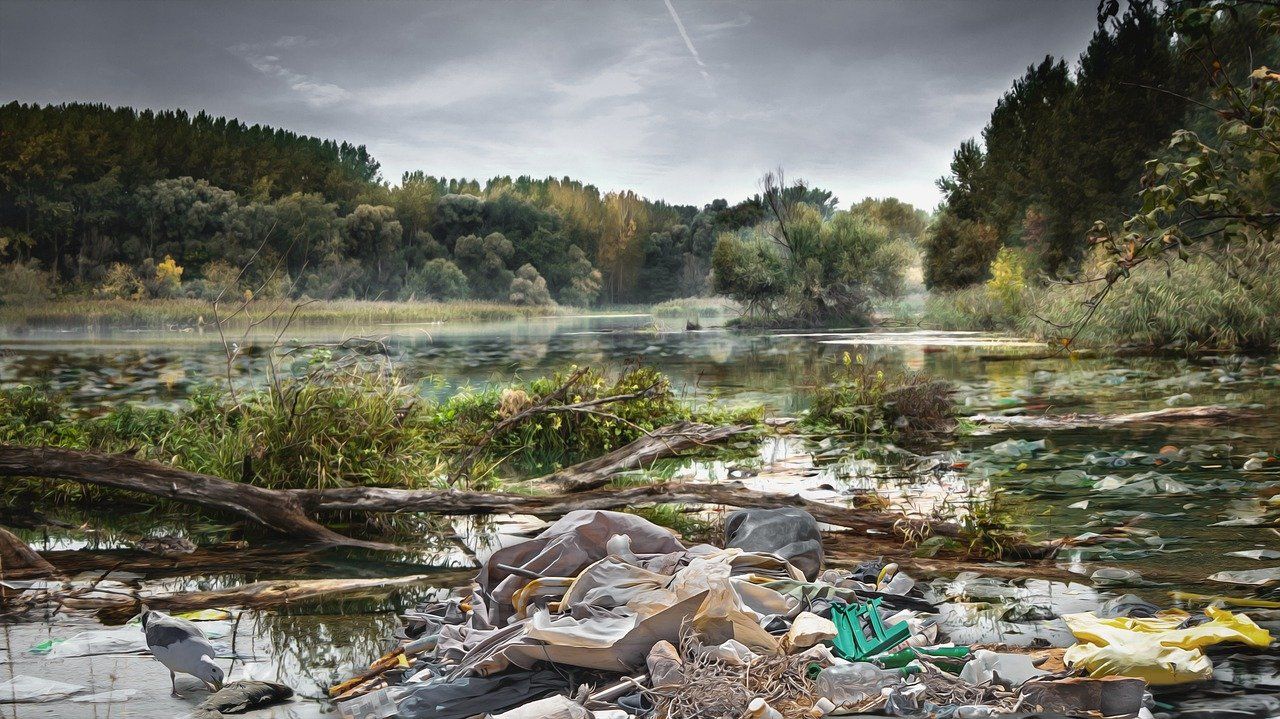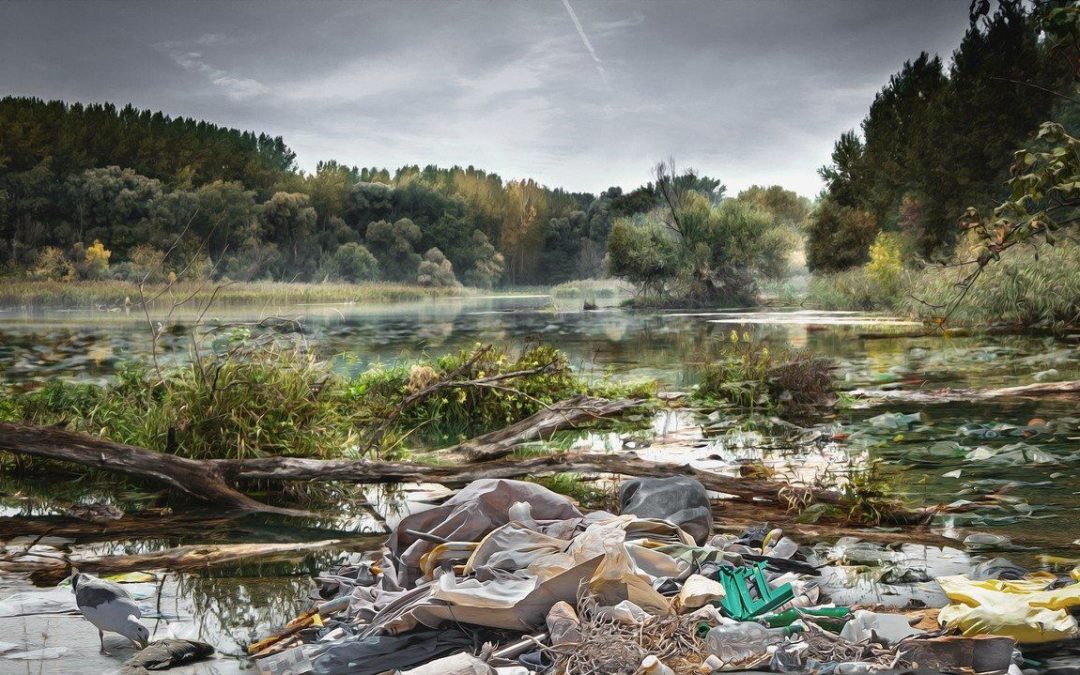
Plastic pollution in our waterways is a big problem, but a small solution may come from bacteria.
Researchers from the University of Cambridge in the UK have discovered that there are naturally occurring bacteria that can break down plastic in lakes. However, a certain mixture of different bacterial species is required to be present in the lake for the decomposition to begin in earnest.
In the future, it may therefore be possible to get rid of plastic waste, including microplastics, in lakes by ensuring that the right bacterial species are present.
If the right bacteria were present in the lake, the growth of the bacteria that breaks down plastic and thus also the actual breakdown of the plastic more than doubled. The bacteria also preferred to eat plastic over other possible nutrients in the water.
"It's almost as if the plastic gets the bacteria's appetite going. The bacteria first use the plastic as food because it is easier to break down and helps them to then break down food that is more difficult to digest, such as the organic matter in the lake" says Andrew Tanentzap, researcher at the University of Cambridge and one of the researchers behind the study, in a press release.
Read the entire study here.





